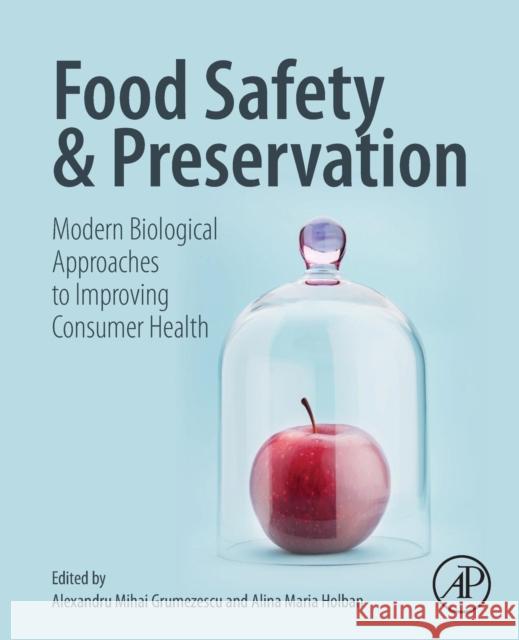Food Safety and Preservation: Modern Biological Approaches to Improving Consumer Health » książka
topmenu
Food Safety and Preservation: Modern Biological Approaches to Improving Consumer Health
ISBN-13: 9780128149560 / Angielski / Miękka / 2018 / 696 str.
Food Safety and Preservation: Modern Biological Approaches to Improving Consumer Health
ISBN-13: 9780128149560 / Angielski / Miękka / 2018 / 696 str.
cena 954,09
(netto: 908,66 VAT: 5%)
Najniższa cena z 30 dni: 946,27
(netto: 908,66 VAT: 5%)
Najniższa cena z 30 dni: 946,27
Termin realizacji zamówienia:
ok. 30 dni roboczych
Bez gwarancji dostawy przed świętami
ok. 30 dni roboczych
Bez gwarancji dostawy przed świętami
Darmowa dostawa!
Kategorie:
Kategorie BISAC:
Wydawca:
Academic Press
Język:
Angielski
ISBN-13:
9780128149560
Rok wydania:
2018
Ilość stron:
696
Waga:
1.17 kg
Wymiary:
23.5 x 19.05 x 3.53
Oprawa:
Miękka
Wolumenów:
01











